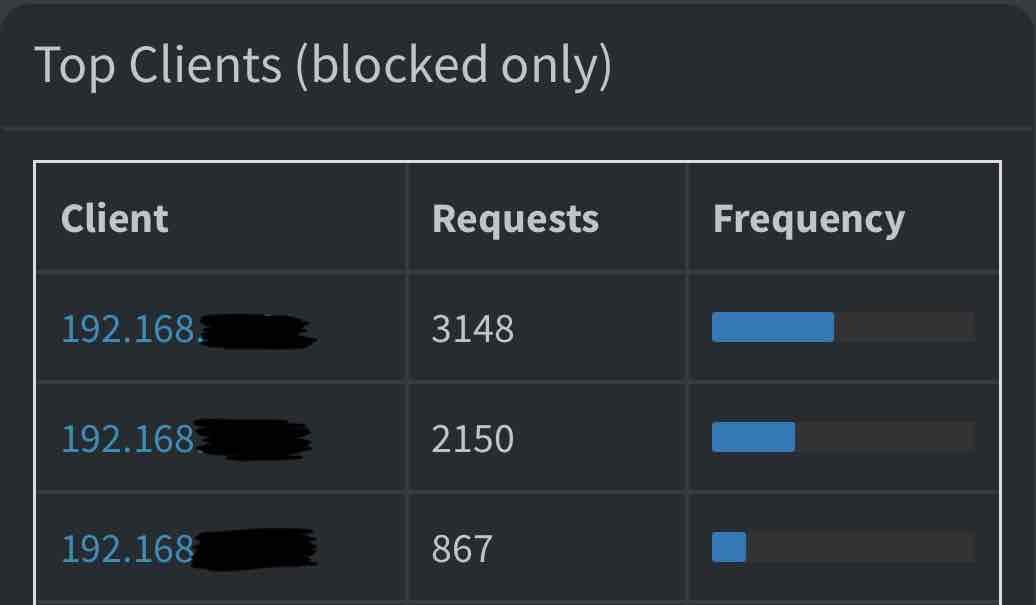

The scheduling demand thing is referring specifically to the project manager going “we need this for an upcoming major product launch, so you need to fix this before the launch.” It feels like Microsoft cracking the whip to try getting free labor, because it is.
If they truly can’t do without it for their product launch, they can fork it and fix the bug themselves. Surely Microsoft has the resources and brainpower to do so. But the PM didn’t want to do that, because it means they’d be spending their own time and resources on it.






Yup. Rand() chooses a random float value for each entry. By default I believe it’s anywhere between 0 and 1. So it may divide the first bill by .76, then the second by .23, then the third by 0.63, etc… So you’d end up with a completely garbage database because you can’t even undo it by multiplying all of the numbers by a set value.